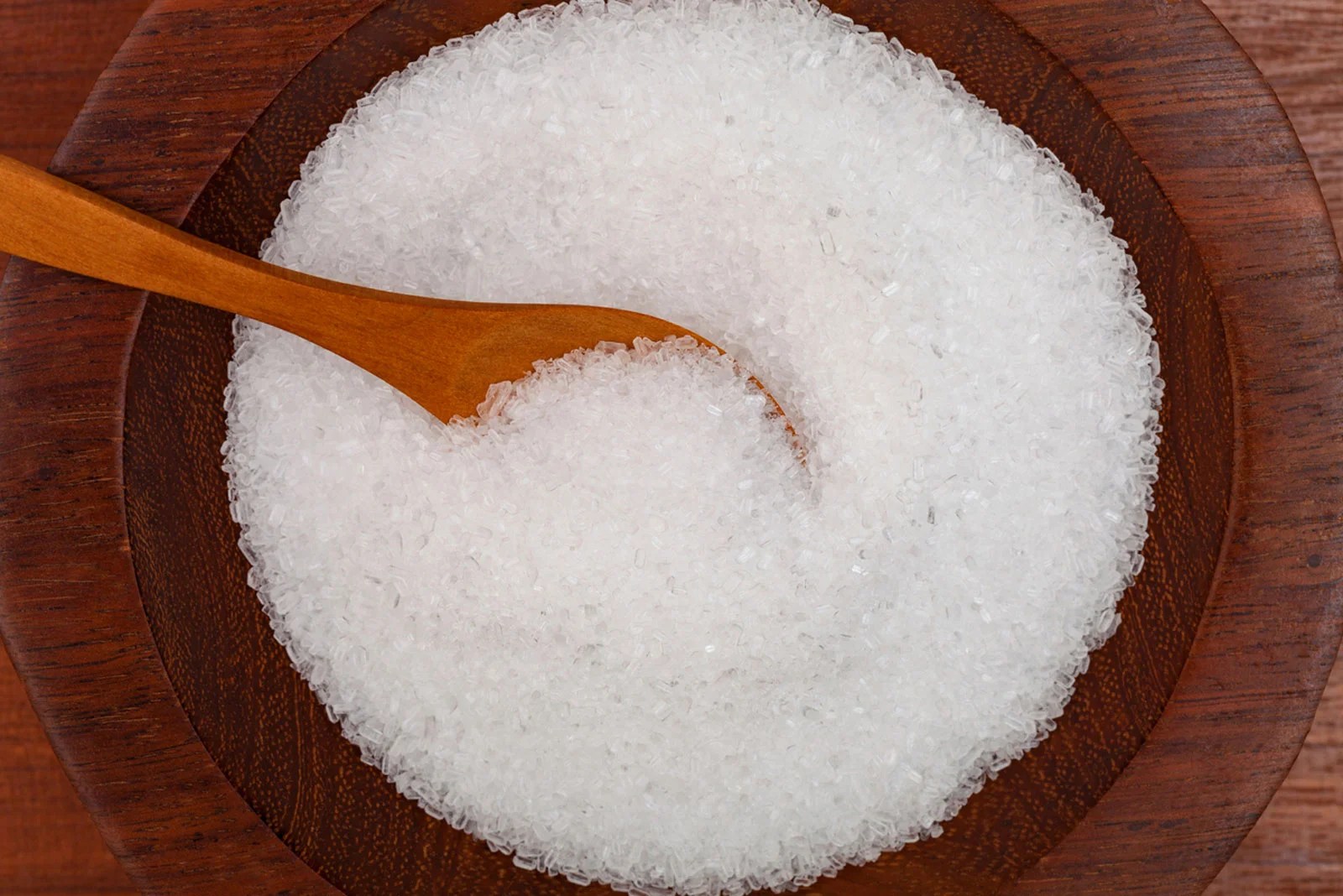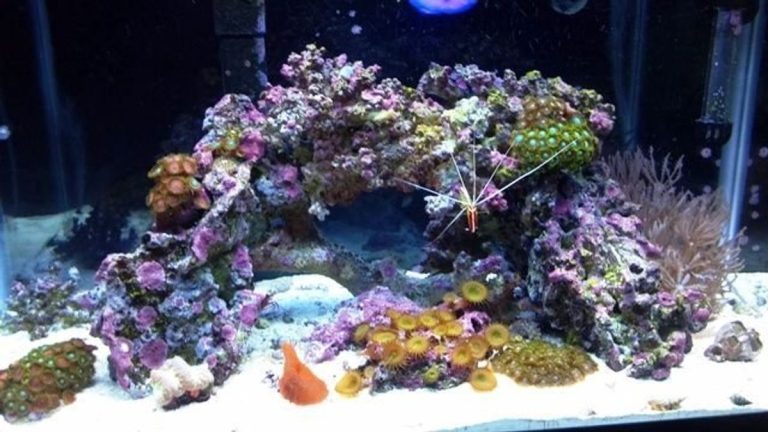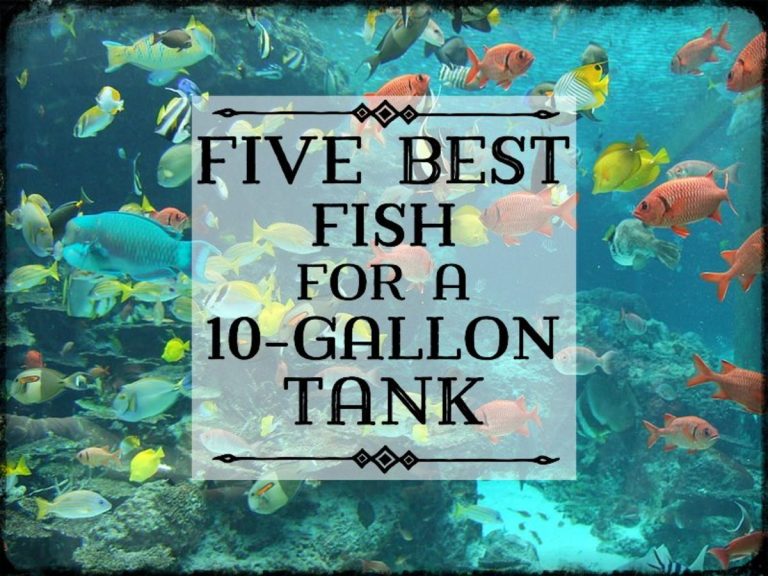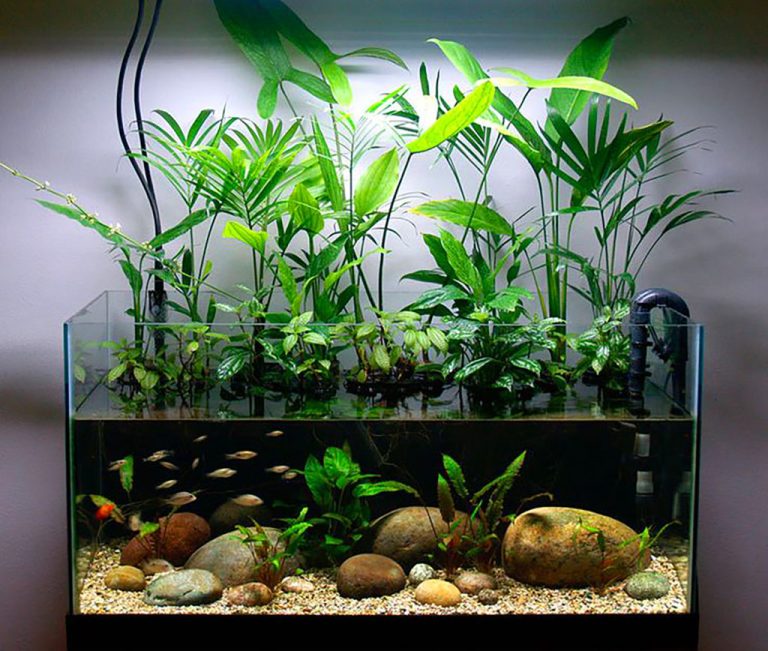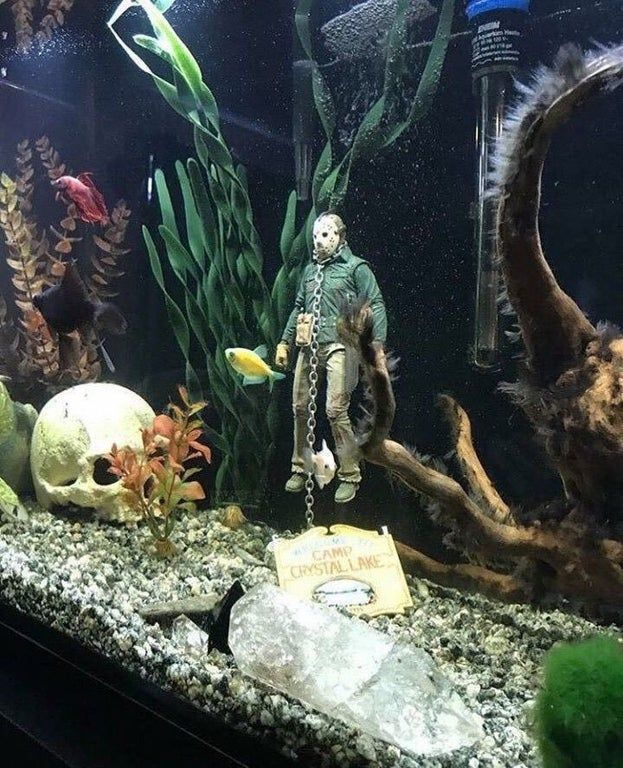Epsom Salt For Aquarium Plants
Can Epsom salt be beneficial for aquarium plants?
If you’re an avid aquarium hobbyist, you’ve probably heard about how beneficial Epsom salt can be for your aquarium plants. But what exactly is Epsom salt, and how can it help your aquatic vegetation thrive? In this article, we will explore the benefits of using Epsom salt for aquarium plants and provide some useful tips on its application.
What is Epsom salt?
Epsom salt, also known as magnesium sulfate (MgSO4), is a naturally occurring mineral compound composed of magnesium, sulfur, and oxygen. It gets its name from the town of Epsom in England, where it was first discovered in natural springs. While it is widely known for its therapeutic properties, Epsom salt can also be used as a fertilizer for plants, including those in your aquarium.
Why is Epsom salt beneficial for aquarium plants?
Epsom salt contains essential nutrients that can promote the healthy growth of aquarium plants. Here are some reasons why it can be beneficial for your submerged botanical beauties:
1. Magnesium source: Magnesium is a vital nutrient for plants as it plays a crucial role in chlorophyll production, enzyme activation, and overall plant metabolism. Epsom salt provides a readily available source of magnesium, ensuring that your aquarium plants have an adequate supply of this essential element.
2. Increased nutrient uptake: The presence of magnesium in Epsom salt can enhance the uptake of other essential nutrients by aquarium plants. It improves the plant’s ability to absorb nutrients such as nitrogen, phosphorus, and potassium, which are necessary for healthy growth.
3. Improved photosynthesis:Magnesium is an essential component of chlorophyll, the pigment that enables plants to carry out photosynthesis. By providing an adequate supply of magnesium, Epsom salt can enhance the photosynthetic process, leading to better growth and vitality of aquarium plants.
4. Prevention of nutrient deficiencies: Magnesium deficiency can manifest in aquarium plants as yellowing or browning of leaves, stunted growth, and poor overall health. By adding Epsom salt to your aquarium substrate or water, you can help prevent magnesium deficiency and maintain the optimal health of your aquatic vegetation.
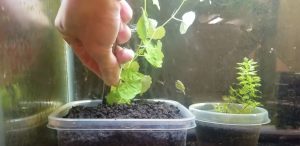
How to use Epsom salt for aquarium plants?
Now that we understand the benefits of using Epsom salt for aquarium plants, let’s explore how to incorporate it into your aquatic ecosystem. Here are some tips to help you use Epsom salt effectively:
1. Dosage:It is important to use Epsom salt in the correct dosage to avoid any adverse effects on your aquarium plants or fish. As a general guideline, you can add around 1-2 teaspoons of Epsom salt per 20 gallons of aquarium water. However, it’s always best to start with a lower dosage and gradually increase if needed, based on the specific needs of your plants.
2. Application methods: There are different ways to apply Epsom salt to your aquarium plants. You can either dissolve it in water and directly add it to your aquarium, or you can apply it to the substrate around the plants. If you choose the latter method, make sure to mix the Epsom salt with the substrate thoroughly to ensure even distribution and avoid direct contact with the plant’s roots.
3. Frequency: The frequency of Epsom salt application will depend on the specific requirements of your plants. In general, it is recommended to apply Epsom salt once every couple of months or as needed. Monitor the health and growth of your plants closely to determine if they need additional doses of Epsom salt.
4. Water parameters: Before adding Epsom salt to your aquarium, it is crucial to test your water parameters, including the magnesium levels. This will help you assess whether Epsom salt supplementation is necessary or if your aquarium already has sufficient magnesium levels.
Frequently Asked Questions
1: Can Epsom salt be harmful to aquarium plants if used in excess?
Like any fertilizer, Epsom salt should be used in moderation. Excessive use of Epsom salt can lead to imbalances in your aquarium’s nutrient levels, potentially causing harm to your plants. It is essential to follow the recommended dosage and monitor the health of your plants to ensure they are not being over-fertilized.
2: Does Epsom salt benefit all types of aquarium plants?
While Epsom salt can be beneficial for most aquarium plants, it is essential to consider the specific needs of each plant species. Some plants may require different nutrient ratios or may not respond positively to Epsom salt supplementation. Researching the specific requirements of your plants will help you determine if Epsom salt is suitable for them.
3: Can Epsom salt be used alongside other fertilizers?
Yes, Epsom salt can be used in conjunction with other fertilizers to provide a balanced nutrient supply for your aquarium plants. However, it is important to ensure that the combination of fertilizers does not lead to excessive nutrient levels, which can be detrimental to your plants and fish.
4: Can Epsom salt be used for treating plant diseases in aquariums?
While Epsom salt is primarily used as a nutrient supplement for aquarium plants, it does have some antimicrobial properties. It may help to prevent or alleviate certain plant diseases caused by pathogens. However, if you suspect a disease or infection in your aquarium plants, it is best to consult a professional for proper diagnosis and treatment.
Final Thoughts
Using Epsom salt in your aquarium can be a beneficial practice for promoting the healthy growth of your plants. Its magnesium content provides essential nutrients, enhances nutrient uptake, and improves photosynthesis, leading to vibrant and robust aquatic vegetation. By following the proper dosage and application methods, you can effectively incorporate Epsom salt into your aquarium’s care routine and enjoy the beauty of thriving plant life in your underwater paradise.
